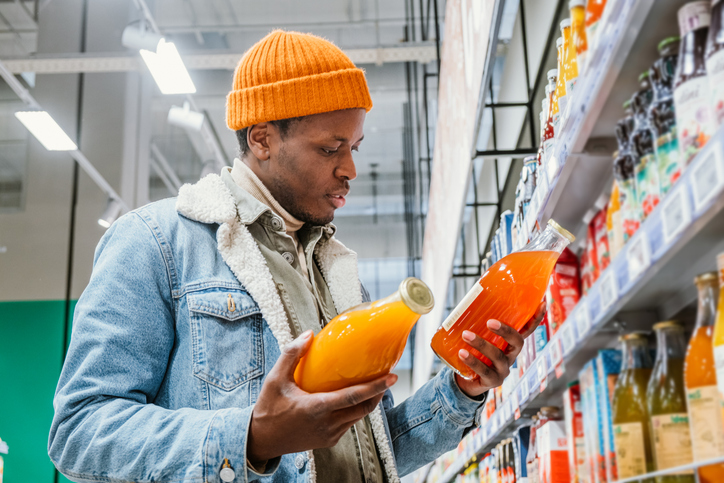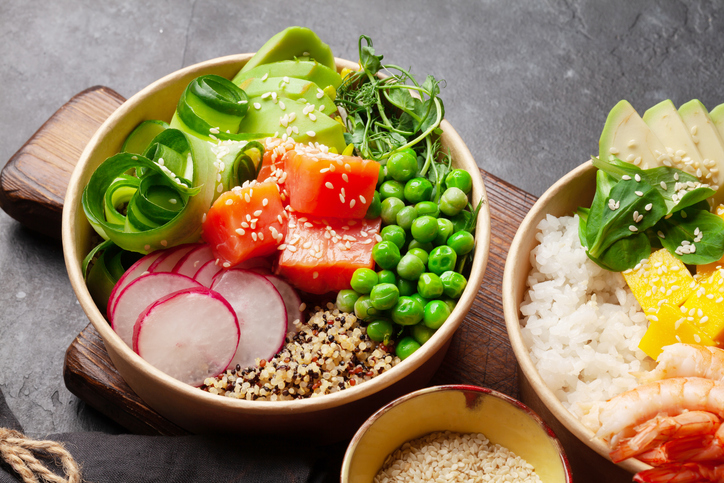
Recent media coverage has highlighted concerns regarding Ultra-Processed Foods (UPFs). Our My Weight Matters programme has always recommended minimising these foods due to their high sugar and fat content. However, new research suggests that UPFs might be harmful to our health for additional reasons. These foods undergo industrial processes and contain substances not commonly used in home cooking or easily found in supermarkets.
How can you tell what is an UPF?
The NOVA Classification Tool categories foods based on the extent of their processing:
| Unprocessed or Minimally Processed Foods | Processed Culinary Ingredients | Processed Foods | Ultra-Processed Foods |
| Fresh Fruits, Vegetables, Grains, Nuts, Meat and Milk | Substances extracted from foods or nature, like oils, butter and honey | Made by adding salt, oil, sugar, or other substances to unprocessed / minimally processed foods to enhance shelf life or improve texture | Industrial formulations typically made from 5 or more ingredients in soft drinks, packaged snacks, reconstituted meat products or instant noodles |
| Minimal processing includes drying, crushing, roasting, boiling, freezing, pasteurisation or fermentation | Used to prepare, season and cook unprocessed or minimally processed foods | Examples are canned veg, fish, fruits in syrup, cheeses, freshly made breads | Contain additives for colouring, flavouring and emulsifying |
Always take the time to look at the food labels.
try to find one healthier alternative to a UPF every time you shop

Identifying Ultra-processed foods
Always check the ingredients list on food labels – a long list will often mean its A UPF
Look for ingredients you may not recognise and not found in home cooking like emulsifiers, colours, monosodium glutamate (MSG) and butylated hydroxyanisol (bha) and guar gum
Be wary of foods marketed with ‘health halo’ such as protein bards
And ready-to-eat convenience foods that require minimal preparation are often ultra-processed

Our tips to reduce ultra-processed foods in your shop
Cook more at home because preparing meals from scratch allows you to control the ingredients and avoid unnecessary additives. it also helps with portion control.
Choose whole foods such as fresh foods over packaged and processed options
Read labels carefully which will help you make informed choices
Lastly plan your meals and snacks to help avoid the temptation of convenient, ultra-processed options.
Get in touch
Click the below button to take our online assessment to help you understand more about your health needs, prioritise them and find the right support for you.
Complete your Wellbeing Assessment TODAY
Alternatively, if you would like to speak to someone about any of our services, or would like assistance taking the assessment online please contact us on 0300 303 9988 or email provide.essexwellbeing@nhs.net to talk to one of our friendly team members.